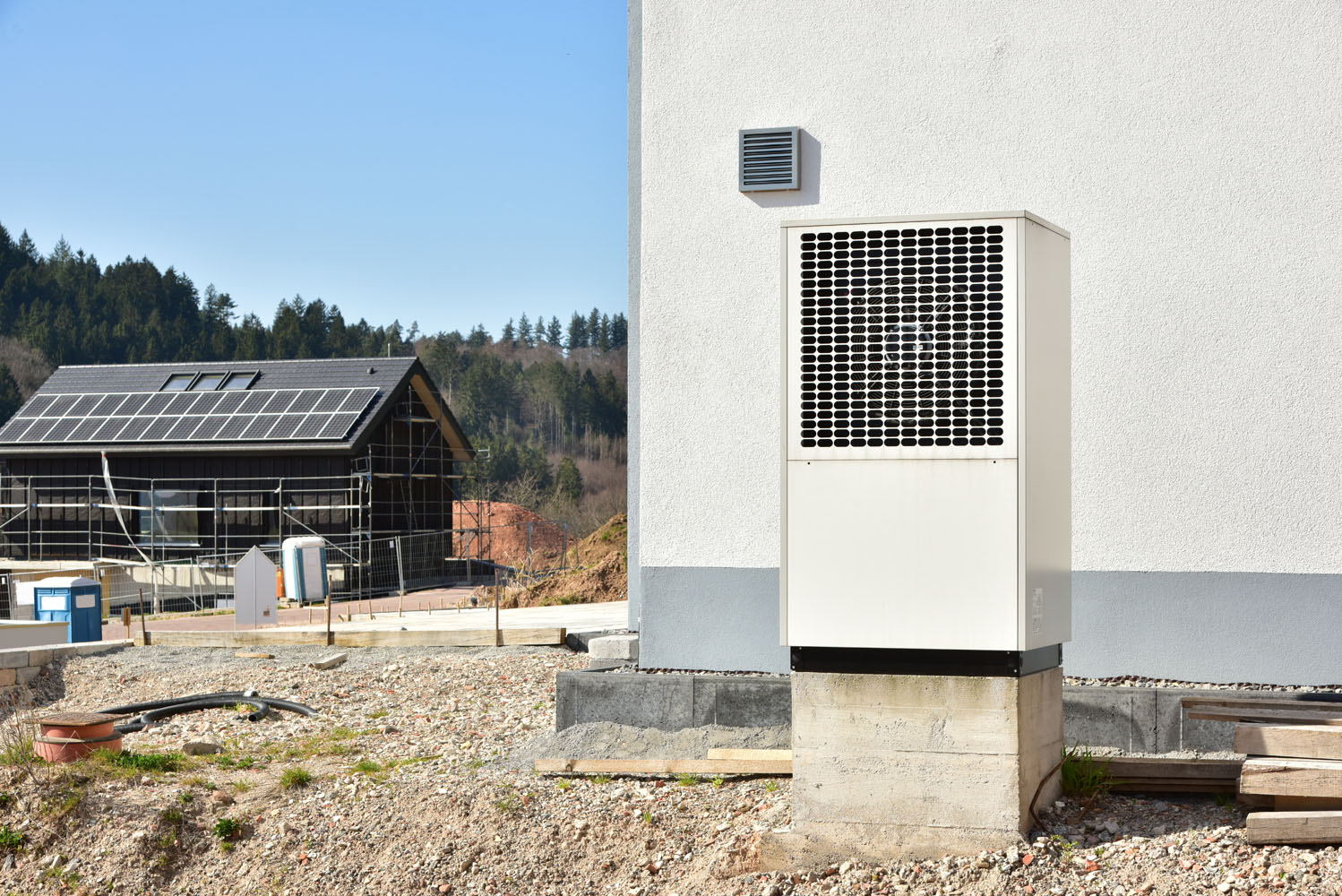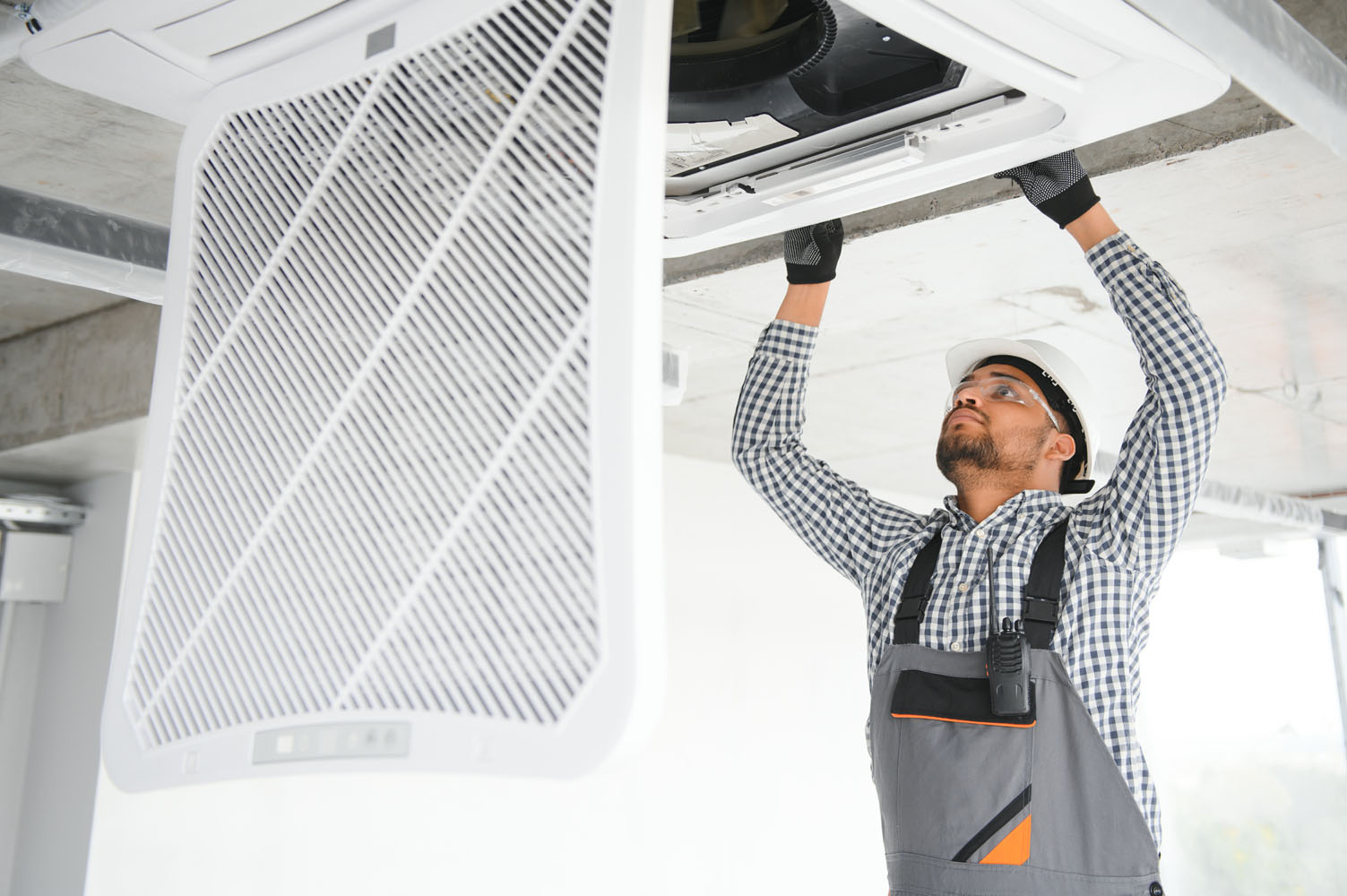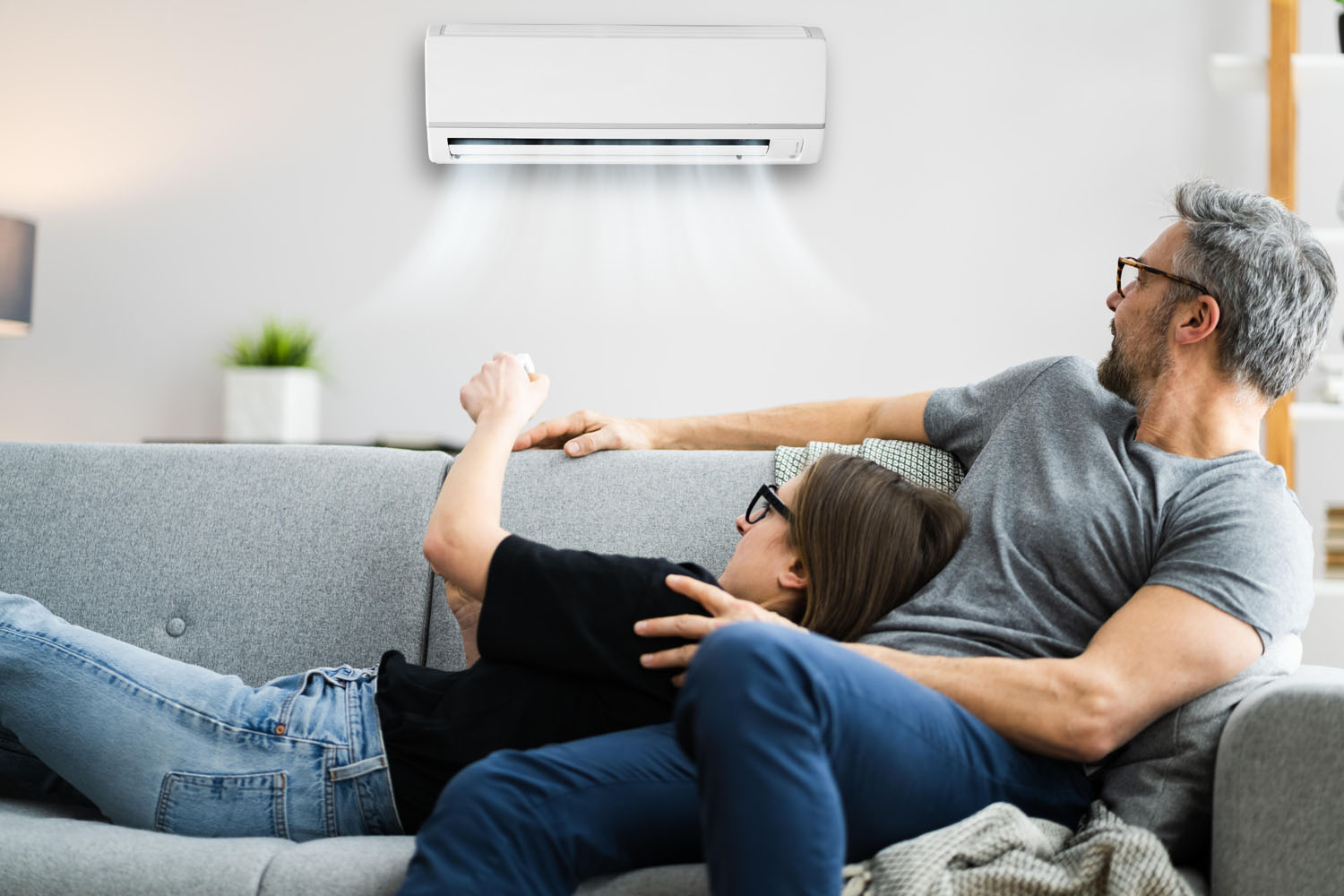When comparing different solar panels, you’ll likely come across terms like “efficiency” and “performance ratings.” But what do these terms mean, and why do they matter? This article will break down solar panel efficiency and other performance metrics to help you make an informed decision when choosing the right panels for your home.
1. What is Solar Panel Efficiency?
Solar panel efficiency refers to how well a panel converts sunlight into usable electricity. It’s expressed as a percentage, with higher efficiency panels converting more sunlight into electricity.
- Typical efficiency range: Most solar panels have an efficiency rating between 15% and 22%. The higher the percentage, the more electricity the panel generates from the same amount of sunlight.
- Example: A solar panel with 20% efficiency will convert 20% of the sunlight that hits it into electricity, while the rest is lost as heat or reflected light.
2. Factors That Affect Efficiency
Several factors can influence the efficiency of solar panels:
- Temperature: Solar panels perform better in cooler temperatures. While they generate electricity from sunlight, excessive heat can reduce their efficiency. This is particularly relevant in hot climates.
- Shading: Even a small amount of shade on one panel can impact the performance of the entire system, especially if the system uses a string inverter. Microinverters or power optimizers can help mitigate the effects of shading.
- Panel orientation and angle: To maximize efficiency, solar panels should be installed at the optimal angle and orientation to capture the most sunlight. In Victoria, a north-facing roof with an angle of 30-40 degrees is ideal.
- Panel type: Monocrystalline panels are generally more efficient than polycrystalline panels due to their higher purity silicon. However, polycrystalline panels are more cost-effective, making them a better option for homeowners on a budget.
3. Performance Ratings: What to Look For
In addition to efficiency, solar panels are rated for performance in a variety of conditions. Here are some key metrics to consider:
- Temperature coefficient: This measures how much a panel’s efficiency drops as the temperature increases. Look for a lower temperature coefficient, as panels with a lower coefficient will perform better in hot conditions.
- Power tolerance: Power tolerance refers to the range within which a solar panel will operate above or below its rated power output. For example, a panel rated at 320W with a power tolerance of -0%/+5% can operate anywhere between 320W and 336W.
- Durability and warranties: Performance is also tied to how well a panel holds up over time. Check the warranty for both product (typically 10-12 years) and performance (typically 25 years), and ensure that the manufacturer guarantees a minimum performance level at the end of the warranty period (e.g., 80% of original output after 25 years).
4. Real-World Performance vs. Lab Ratings
It’s important to remember that the efficiency rating you see on the panel’s specifications sheet is based on Standard Test Conditions (STC), which simulate ideal sunlight and temperature conditions. However, in the real world, factors like weather, shading, and dust can affect the performance of your solar panels.
To get a better idea of how your solar panels will perform in real-world conditions, look for the Performance Test Conditions (PTC) rating, which reflects more realistic conditions. While STC is useful for comparison, PTC ratings provide a more accurate estimate of what you can expect in actual use.
5. How to Choose the Right Panel for Your Home
When choosing solar panels, it’s important to balance efficiency with cost. Higher efficiency panels may be more expensive, but they’re worth considering if you have limited roof space or high energy needs. On the other hand, if you have ample roof space, you can install more panels at a lower efficiency to generate the same amount of power.
- Roof space: If your roof is small or shaded, higher efficiency panels may be the best option to maximize power generation.
- Energy consumption: If your household consumes a large amount of electricity, you may benefit from investing in higher performance, higher efficiency panels to meet your energy needs.
Conclusion
Understanding solar panel efficiency and performance ratings is key to selecting the best system for your home. While efficiency is important, it’s just one factor in the overall performance of your solar system. By considering real-world conditions, power tolerance, and warranty terms, you can choose the right panels that will deliver long-term value and energy savings.







